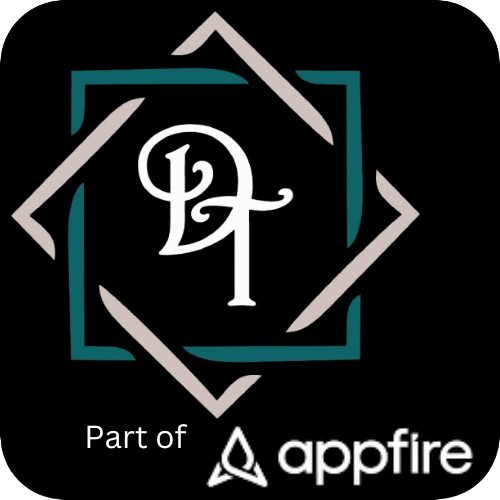Atlassian’s new research into developer experience
Atlassian today released their new research report on how developers view their workplace environment. It is safe to say that the overall census is not a good one. I encourage you to go read the report for yourself here. So lets break it down shall we.
Time lost to inefficiencies
Atlassian’s report points out how a whopping 97% of developers are losing time due challenges with 69% losing more then 8 hours of work a week. An extreme figure! To be honest, I’m not totally surprised.
Atlassian states that this to “tech debt or insufficient documentation, while leaders point to understaffing, the expansion of the developer role, and the amount of tech knowledge needed”. I myself see issues around tech debt or lack of information. I have banged on about it in session after session how technical debt is not only an actual financial cost to a business, but very much a moral cost on an employee. Having to work in environments that are outdated or even painful to find enjoyment are all to often. Tech debt isn’t just in the physical product we provide access to our customers, but can very much be found within our developers tools. Removing barriers, seamlessly letting information flow is required now more then ever as our decision making ability is only getting faster. I’d even go as far as saying that all the reasons Atlassian discovered is probably being felt by every developer at the same time right now!
Investment into the developer experience
Developer experience is far more then the stereotypical answers suggest. Long gone they days where all developers asked for were bean bags, food & a ping pong table. To be honest, those stereotypes never sat truly well with me anyway. Yes free food is a perk, but I certainly wouldn’t stay anywhere for it. No, developer experience is so much more. Agile practices teach us to be open & honest. To create an environment where it is okay to challenge the status quo to improve how the team operate. Why do we not do more to look at this when it comes to the way the business operates? This starts with asking questions. What isn’t working? What systems are causing friction? Do we have the best of breed products in place to make your life easy? What in your day to day work is a concern? Being ready to hear the answers can provide you with all the knowledge you need to help start making your developers happier & even better, help retain staff and keep more knowledge within a business.
“Take care of your staff and they will take care of your customers”Richard Branson. While I am not 100% with this quote, I fully understand the message behind it. The more your staff feel like they are in a business that gives them the freedom to challenge, the opportunities to grow, a business that supports and listens to them are the business that not only retain staff, but also will see the staff member go above and beyond. I know from my my own experience, the teams where I have gone above & beyond, picked up extra work, stayed late, given something back are they ones where I felt like challenging wasn’t going to get me in trouble or where you I felt I could grow and be supported when things maybe didn’t go to plan. The happier I was, the more I wanted to do for the business and as a result the more the customers got from me.
The ‘dreaded’ AI is back!
We are still very much in our AI bubble. Every application is trying to find a way to incorporate AI into its software to help stay relevant. While I do believe AI WILL change the way we work in every role, I don’t believe we are at the point where it can have the level of impact we all want yet. We can see the potential, but we are still some time away. This goes for developers to. Atlassian prove this! Back in 2019 Pendo released a feature adoption report. In this report we see that as high as 80% of all software built is rarely or never used. It isn’t just this though, Slack, Google & Bing all say 70%, 80% and 90% respectively of functionality isn’t yielding the results they wanted. Wasting time on developing functionality that wont get used is literally throwing your companies money away. But this mindset also applies to the applications we use.
We need to be asking the big question. WHY? Once you have your answer to that why, ask it 4 more times. The 5 whys will present you with the real challenge you need to resolve, meaning we are plugging in the right thing at the right time. Whether this is an AI tool to help bug reports or release notes, to a tool that captures meeting notes. Making sure we do things correctly, will give us a much better chance of actually improving productivity.




